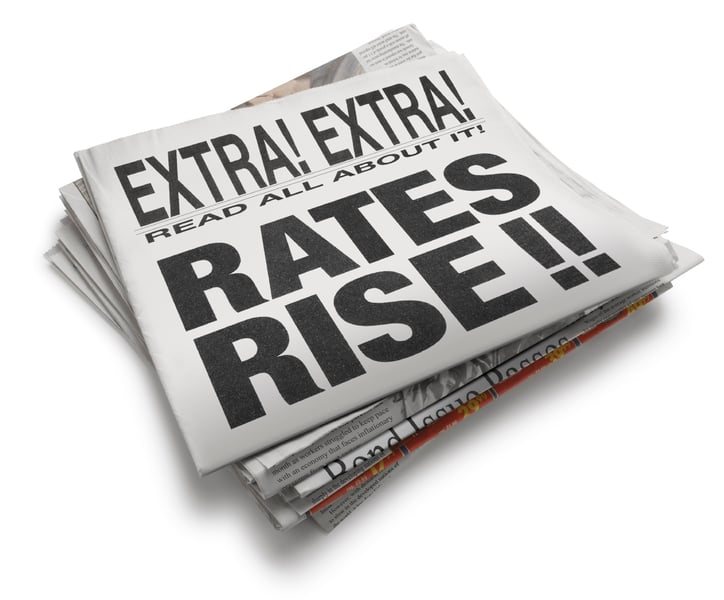The Federal Reserve's long-anticipated increase in short-term interest rates will bring a vital cushion to the balance sheets of independent broker-dealers.
Before the credit crisis, when interest rates were close to 5%, IBDs enjoyed a significant stream of revenue from money market funds and cash sweep accounts, which are tied to clients' brokerage accounts.
Indeed, revenue from cash sweep accounts at LPL Financial in 2008, for example, was $201 million, or double the $100 million in cash sweep revenue LPL reported in 2014, according to a recent LPL investor presentation. LPL, the largest B-D in the country and an industry bellwether, said in its
presentation that a 100 basis point increase in interest rates could translate into $141 million in potential adjusted EBITDA, or earnings before interest, taxes, depreciation and amortization.
The Fed last raised interest rates in 2006 and lowered its benchmark rate to near zero in December 2008. That was three months after the collapse and bankruptcy of Lehman Brothers Holdings Inc. and smack dab in the middle of a free-falling stock market that would finally hit its bottom in March 2009.
With the economy on the mend, the Federal Open Market Committee on Wednesday voted to set the new target range for the federal funds rate at 0.25% to 0.5%, up from zero to 0.25%. Policy makers also forecast an appropriate rate of 1.375% for the end of next year.
Since the last Fed rate hike, the brokerage industry has been squeezed. Unable to keep up with the cost of legal complaints from clients who were sold alternative investment products that blew up, many IBDs closed their doors. As securities regulators have turned up the heat on firms with the intention of staving off another financial meltdown, compliance and technology costs have increased.
But yesterday's rate hike was not the unequivocal home run that IBDs had anticipated, at least according to one industry executive.
“It was a good news, bad news kind of day,” said John Rooney, managing principal of Commonwealth Financial Network.
The news of the interest rate hike was clearly favorable for the industry. But it came after it was revealed that a massive spending bill that Congress agreed to Tuesday and will vote on most likely this week
did not contain a provision to halt a Labor Department rule that would raise investment-advice standards for retirement accounts.
Brokerage executives, including Mr. Rooney, have complained about the potential rise in expenses to be in compliance with the new standards. “We don't know what it's going to cost to comply with the DOL,” Mr. Rooney said, adding that its cost could potentially eat up any of the new revenue stemming from an interest rate hike.
Regardless, firms appear sanguine about the potential increase in revenue from yesterday's rate hike, as well as those to come.
According to an investor presentation in May, Raymond James Financial Inc. said that a 100 basis point rise in short-term rates would be expected to result in approximately $130 million of incremental annual pre-tax earnings.
One veteran executive was not as chipper about the short-term impact of the interest rate increase. “I don't think a quarter of a point changes the game at all” for a typical firm, said Arthur Grant, president and CEO of Cadaret Grant & Co.
Since the credit crisis and record low interest rates, money market funds have typically been waiving fees, he said, so they are likely to pay themselves first before splitting the revenue with broker-dealers.
But if the Fed follows through and continues to raise short term rates, that would clearly turn into a positive for independent broker-dealers in 2017 and beyond, Mr. Grant said. Short term interest rates “needs to get to 100 basis points before there's an effect on our firm,” he said.
Bloomberg News contributed to this story.







